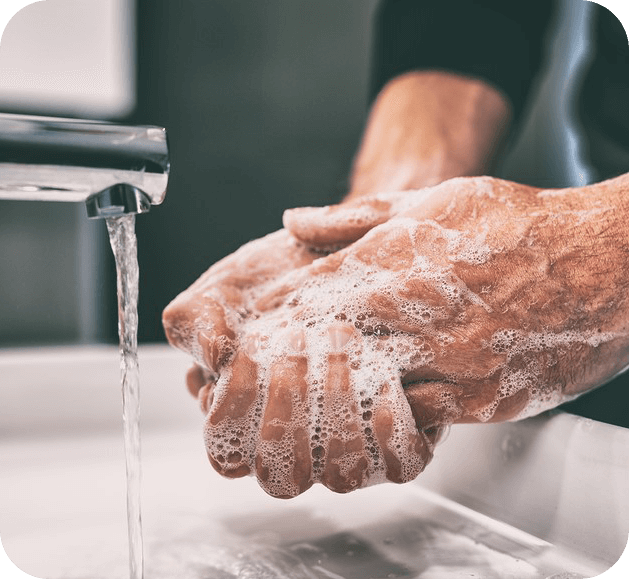

Disruption Is Stressful!
It’s normal to feel anxious, frightened, or worried about a public emergency, particularly when it concerns your health or that of your loved ones. It can be stressful to feel out of control, especially when normal routines are disrupted. The better informed you are, the more prepared you are. Make sure that you follow news from reputable sources and avoid rumors and panic-mongering that can sometimes happen on social media. Keep phone numbers and emails handy for your family members, key work contacts, your doctor and your insurer. Keep a list of prescription drugs for every family member. With social disruption, it’s normal to be worried about work security and money issues. Many are experiencing temporary job disruptions or worry that they might in the future. Federal and state government agencies are planning packages that will provide help resources and financial assistance such as unemployment, but these are still in early stages. The most immediate source of help is your state and local governments. To deal with stress, increase activities that calm you: Meditating or praying. Exercising. Reading. Watching movies. Engaging in home hobbies. Talking to a friend or loved one on the phone or writing letters. Limit exposure to news, particularly if it distresses you. Remember, if you are anxious or stressed and need to talk to someone, you have access to counselors 24/7/365 at 800.252.4555. You also have thousands of resources on health, stress, anxiety, family matters, money matters, debt and more by logging in to www.theEAP.com/TotalCare-EAP.
Protecting your Health and Minimizing your Risk
- Wash your hands with soap and water for at least 20 seconds. This is your single greatest
defense against coronavirus and many other illnesses. - Wash your hands when you arrive at work or at home and repeat several times a day,
particularly before eating or handling food. - Avoid touching your eyes, nose, and mouth.
- Cover your cough or sneeze with a tissue, then throw the tissue in the trash.
- Stay home when you are sick.
- You don’t need a mask unless 1) you are caring for someone who is ill or 2) you are ill
and you need to avoid spreading germs. - Stop handshaking. Use other noncontact methods of greeting.
- Use gloves, a tissue or a sleeve to press elevator buttons, to hold handrails or to use
shared work resources like copiers and file drawers. - Clean and disinfect frequently touched objects and surfaces using a regular household
cleaning spray or wipe. - Share electronic documents rather than paper ones.
- Increase ventilation by opening windows or adjusting air conditioning
- Limit food sharing. Do not share cups, plates, or utensils.
- Follow advice from state and local public health officials.
- Should you or a loved one feel sick, call before going to a Doctor, clinic or hospital.
What Is “Social Distancing?”
A few weeks ago, no one ever heard of the term “social distancing” and now everyone is talking about it. But what exactly is it? It comes down to this: Avoid crowds and busy public places. Keep a distance between yourself and other people – experts recommend 6 feet. It means limiting unnecessary travel, skipping social events and avoiding gathering places like restaurants, clubs, theatres, auditoriums and even churches. In communities where COVID-19 is active, authorities are taking steps to ensure social distancing by closing or limiting public places like restaurants, bars and museums. The goal of social distancing is to prevent the spread of a disease for which there are not yet any antibodies or effective treatments. While young, healthy people may not be as susceptible or at as much risk, they can be carriers of illness. Social distancing helps protect our own health, but also protects the most vulnerable people in our lives – people with diabetes, heart conditions, asthma and other health conditions, and people over the age of 60. It’s also important to keep our healthcare workers and systems from being overwhelmed. Listen to your local guidelines. Limit trips to the market. Go on only necessary errands. Keep a distance from others. Avoid groups. Use good sense in visiting family or friends, particularly any who are vulnerable. One way to work off stress is to take walks, exercise or ride your bike in natural, uncrowded spaces.
www.theEAP.com | 800.252.4555

